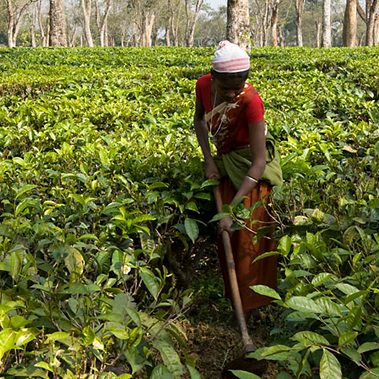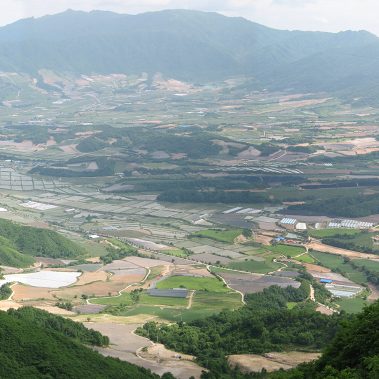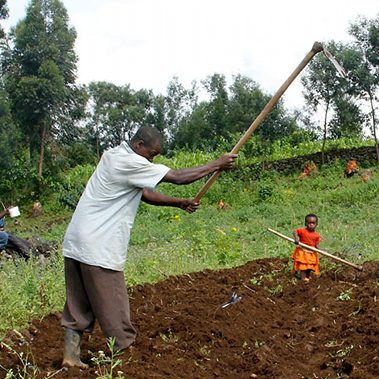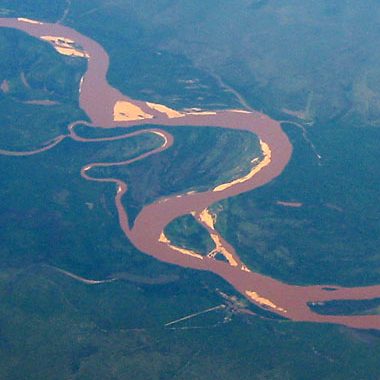SESyP
Identifying social-ecological properties benefiting biodiversity and food security.
The project goal is to develop and test a global theory that explains which properties of social-ecological systems benefit both biodiversity conservation and food security (and which may benefit one but not the other).
Ensuring food security and halting biodiversity decline are two of the most urgent (and interconnected) challenges facing humanity in the 21st century. SESyp takes a holistic, systems-oriented approach that radically differs from existing work: Especially in the natural sciences, the most prominent framing at present focuses on the question how to increase agricultural yields without compromising biodiversity. However, at a global level, a lack of agricultural yields is not the cause of hunger – hence, attaining higher yields on its own cannot guarantee improved food security. Similarly, many poor countries lack the institutional mechanisms needed to safeguard biodiversity, sometimes both in high-yielding and low-yielding landscapes. Because of the limitations of emphasizing agricultural yield above other (at least equally important) variables, SESyP will develop a more holistic framework that considers agricultural yield as just one of a range of interdependent properties characterizing rural landscapes in developing countries.
Three specific objectives are:
- To broadly characterize a large number of social-ecological systems worldwide (n ≥ 100) with respect to social-ecological properties, food security and biodiversity. (Methods: development of an expert database and statistical modeling of globally distributed questionnaire data.)
- To develop detailed systems representations of up to 10 social-ecological systems worldwide, paying particular attention to issues of biodiversity and food security. (Methods: systems mapping workshops with leading experts on selected systems; focus on causal relationships.)
- To conduct an in-depth case study in Ethiopia, where both food security and biodiversity conservation are of concern. (Methods: extensive field work using applied ecological and social-science methods.)




